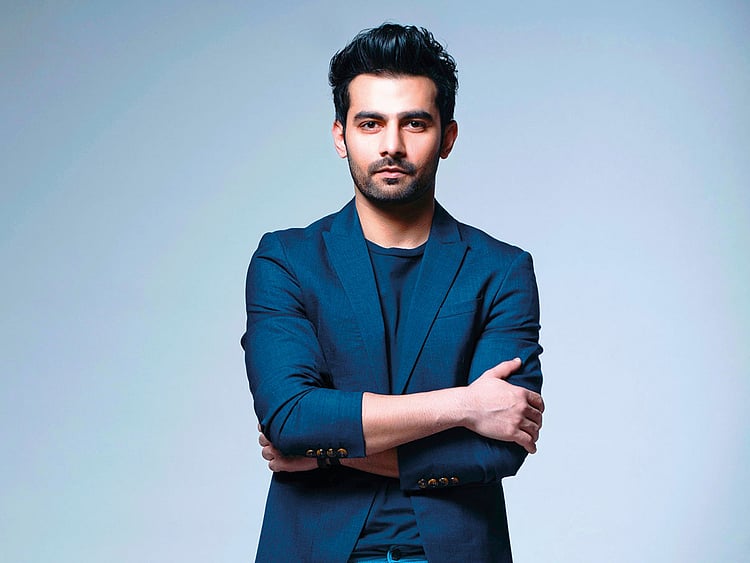Pakistan’s Umer Naru on perfecting his craft
The theatre and screen actor says he has a ‘thirst for more’

Not many professional actors in Pakistan, especially from among the younger lot, can claim to have worked on their craft like Umer Naru. The handsome Dr Mohsin from ‘Dilara’, Bol TV’s drama serial which opened recently to great reviews, studied the different techniques of acting proffered by world renowned acting coaches such as Meisner, Stella Adler, and Stanislavski.
He can’t wait to go back to Ivana Chubbuck’s 2004 book on the ‘Chubbuck Technique’ that recommends using “12 tools” to better understand a character. But this wasn’t before Naru had famously performed on college stage and later dropped out of University of London’s external programme, barely a few semesters into the graduate degree, to pursue what he calls his “true calling”.
His first assignment on TV, ‘Durre Shahwar’ (2011), wasn’t a meaty part but he got noticed nonetheless — some even saw resemblance with Fawad Khan. Over the years, his acting repertoire grew visibly. As he tells Gulf News tabloid!, he has played “a decent range of characters for someone who is considered selective” — be it ‘Mor Mahal’s’ Mughal prince who wears his heart on his sleeve, or ‘Maalkin’s’ pauper; the “creepy dude” in ‘Kuch Na Kaho’, or the “whiny, middle-aged, bed-ridden Brit” in the stage play, ‘Bedroom Farce’. “Yet, I feel like I haven’t done much at all. There’s a thirst for more, and it keeps growing,” he says.
Q: The audience generally equates you with nice-guy roles. What kind of a character do you best identify yourself with?
A: A well-rounded, layered, bi-polar eccentric! [Laughs.] On a serious note, I think it’s important for an actor to have some emotional and physical intelligence. I don’t like to be labelled as one type or the other, I think humans are complex beings and cannot be reduced to types.
Q: How did your training in theatre help you on TV?
A: Stage provided me with all the rudimentary elements it takes to bring a character to life and deliver a convincing performance. It gave me discipline. I learnt to channel my anxieties on stage. It taught me, nurtured me, and gave me awareness of my potential, my weaknesses, my fears, and how to overcome them. It definitely prepared me for the screen. However, the screen requires a different technique. It’s a different mode of acting, if you will. On stage you do more whereas on screen you may not be required to do [emote] as much. I’d like to think I have a technique; I am not sure what to call it yet. I’d say it’s a sort of an amalgamation of the various techniques I have studied and picked up over the years. Though, TV here often doesn’t allow for that kind of creative space; you’ve to think/act on your feet.
Q: How do you hope to go up in a field that’s not just extremely competitive but also known for people with fragile egos, vested interests, and petty politics?
A: By putting my head down and focusing on my work. I try to maintain a balance between kindness and honesty; the rest is beyond my control. And I try not to engage with any of that. It is tough out there, no doubt; we do live in a strange, complicated, dog-eat-dog world, and show business is no different. Given the current criteria of stardom, I’m content with where I’m at. There are a lot of amazing, creative geniuses who are in a similar or worse place than me. I try to look on the bright side of things and I am grateful for what I have achieved given my circumstance and background.
Sign up for the Daily Briefing
Get the latest news and updates straight to your inbox
Network Links
GN StoreDownload our app
© Al Nisr Publishing LLC 2026. All rights reserved.